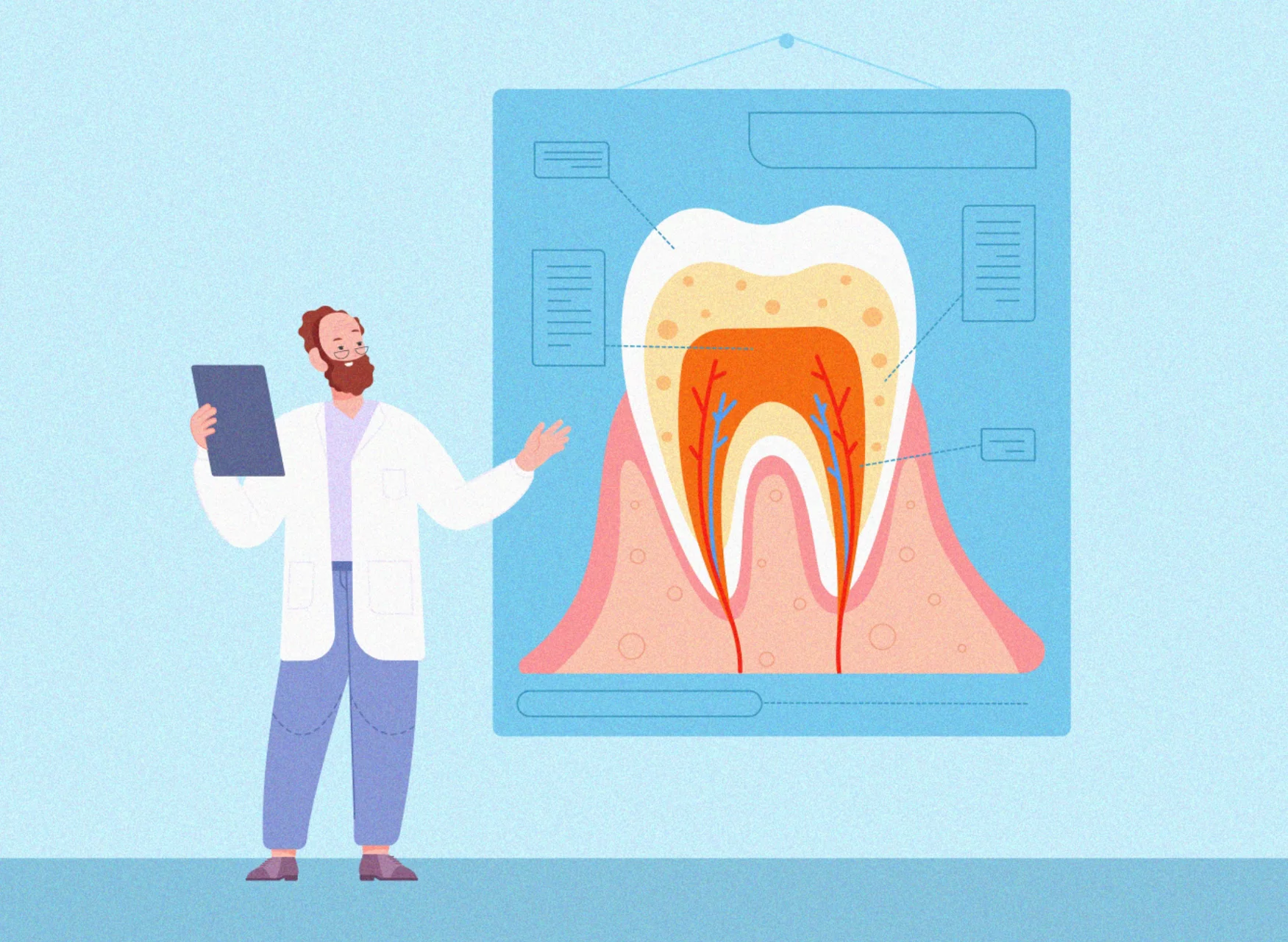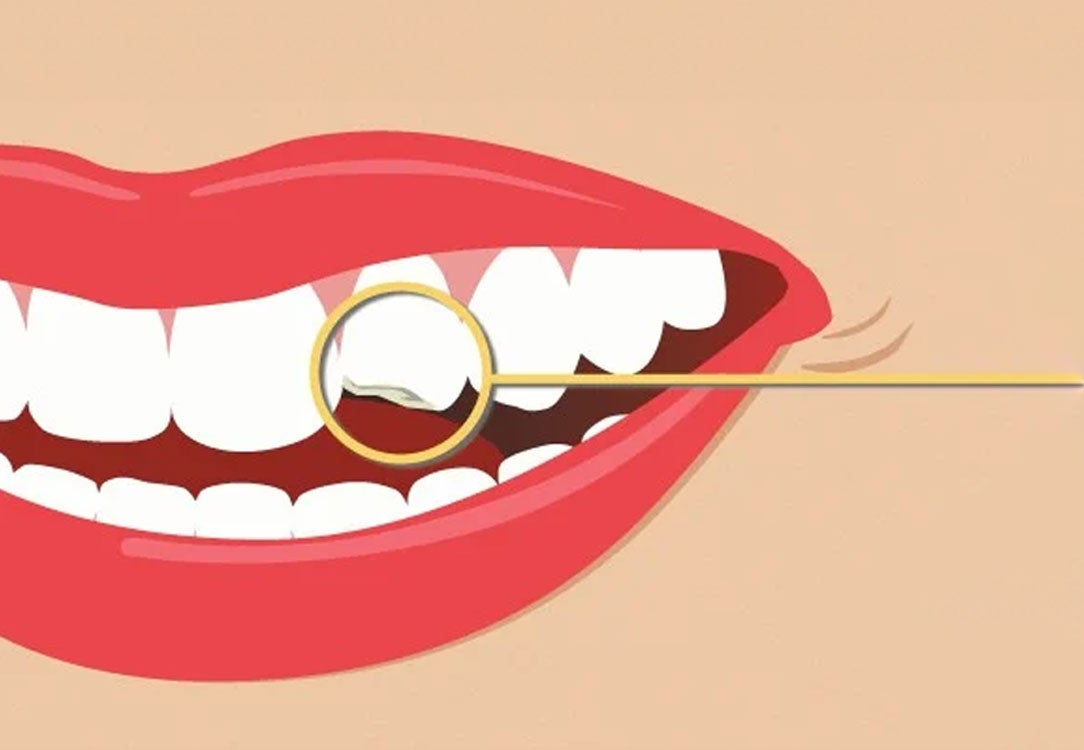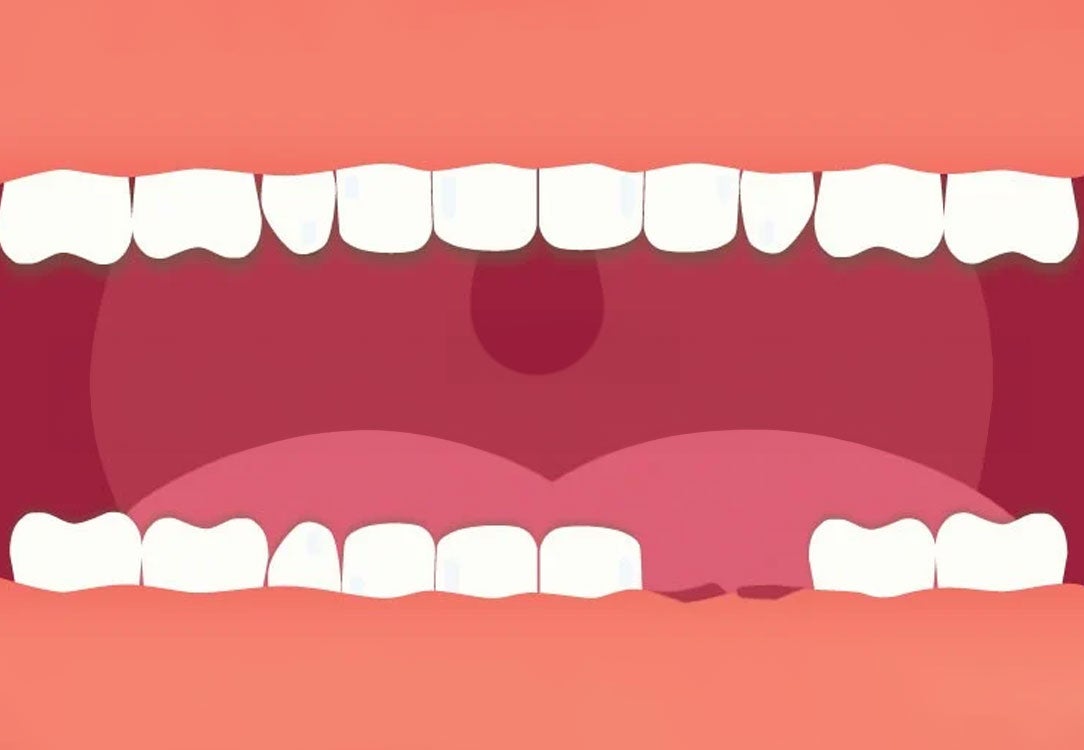How can we help?
The Benefits of Endodontics
It’s a key player in maintaining your natural teeth. By treating the inner tooth pulp, it helps relieve pain and prevents tooth loss.



Let's Get You Scheduled
If you think you might need a root canal, bridge or crown, Smile Generation-trusted dentists can help.
Got questions?
Curious about endodontics? Your questions, our answers.
Endodontic treatment helps you to maintain your natural teeth and smile. One of the best ways to save your natural tooth is specialized care and treatment.
If you have concerns about the inside of the tooth, you need an Endodontist. An Endodontist focuses on treating and caring for the sensitive material in the center of your teeth — the nerves found inside the dental pulp.
Endodontics means “inside the tooth,” and your Endodontist is there to help protect that part of the tooth. Their goal is to save your natural teeth from infection or injury and keep them from needing to be extracted.
When you have a tooth with roots that are smaller than its crown, it can cause complications like pain and swelling, and the tooth might even be at risk of falling out. If you have teeth with unusually short roots, you should see a dentist to understand your options. The most common treatment is to perform a root canal, which can prevent unpleasant side effects while saving the tooth. Sometimes, however, the tooth cannot be saved, and it is best to remove it in a professional setting.
To find out more, read our blog article "Root Resorption & Short Teeth Roots."
Root canals can be complex, and when things are complicated, they usually get costly. Root canals typically involve multiple office visits and might require both a general dentist and an endodontist, increasing the cost.
Where you live, how many visits are required, referrals needed, insurance, and severity of the infection will all fact into the cost of your root canal. Depending on the necessities, you might pay less than $1,000, but the price can add up quickly if it is not a straightforward procedure.
If you do not have insurance, look into the financing and insurance options available through the Smile Generation.
Learn more in our blog article, "Root Canal Costs, Infections, and Eating."

















